5 Common Beginner Gardeners Questions Answered
This post may contain affiliate links which might earn us money. Please read my Disclosure and Privacy policies hereBeginner gardeners are often held back by their questions. You may spend so much time wondering about where to begin that it never happens.
It's natural to do things the right way, not waste time or money.
However, gardening isn't as difficult as it seems to be. Sure, it takes work, but the rewards are well worth it. So let's take a closer look at the top 5 questions for beginning gardeners.
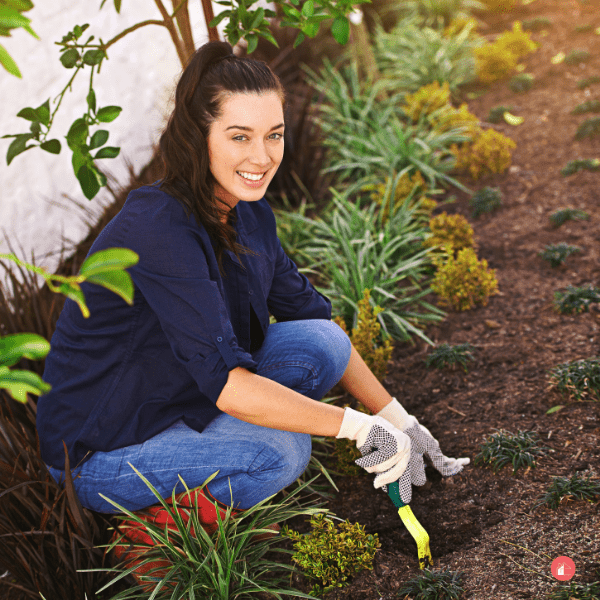
The Top 5 Questions for Beginning Gardeners
1. What Supplies Do I Need To Garden?
People get so caught up in what they need to buy. The truth is you don't need as much as you might have thought. Beginning gardeners need different tools based on how they'll be gardening.
Do you plan to have a container garden, raised bed, or full-blown garden in your yard?
For container gardening, you will need large containers to transplant your plants.
You will also need a watering wand, hose, trellises for climbing plants, pruning shears, and garden gloves.
You really don't need much. However, if you're doing a raised bed, you may need to add a trowel, gardening fork, and spade to your list.
Full-blown gardens will also need a hoe, rake, longer garden hose, and wheelbarrow.
2. What Should I Plant in My Garden?
This is definitely one of the most asked questions from beginning gardeners. However, there are a few questions to answer that question.
First, what does well in your region? Each area is part of a region, and you want to choose plants that will thrive in your area.
Second, what do you like to eat? You don't want to grow something you and your family will not enjoy. Third, consider plants with high yields.
This means the plant produces a larger harvest. High-yield plants include tomatoes, cucumbers, and squash – to name a few.
Related posts:
- Keeping Your Garden Alive While on Vacation
- How to Harvest and Preserve Herbs from Your Gardens
- 4 Vegetable Gardening Tips For Beginner Gardeners
3. When Should I Plant My Garden?
If you're starting with seeds (which isn't recommended for beginners), you will need to follow the instructions on the seeds. For example, you will see instructions that read something like, “Plant 8 weeks before the last expected frost.”
It's important to remember that the spring weather can be up and down in many areas. If you go to the Farmer's Almanac website, you can find your area's last expected frost date.
Remember that this is just an estimate. If you're starting with transplants, you again want to wait to plant outdoors until you no longer have to worry about a frost occurring.
If you purchase almost mature plants, chances are the weather is already warm enough for you to plant.
4. How Often Should I Water My Garden?
This is often an area where beginners have questions. For example, overwatering plants can cause the plant's leaves to become yellow, and the plant will eventually die if it continues to receive too much water.
On the other hand, not watering your plants enough can also kill the plants. However, you can take measures to ensure that your plants are adequately watered. First, use a watering wand.
This will help prevent plants from being oversaturated. Next, always water plants early in the morning before the sun rises or late in the evening. This allows the dirt to absorb the moisture rather than the sun evaporating it.
You can also cover flower beds in mulch to help the soil retain moisture. The dirt should be damp to the touch, but you shouldn't see water standing on top of the dirt.
Check your plants before adding additional water, especially if it has rained recently.
5. What Should I Do About Garden Pests?
Pests are obviously a big problem. You can use pinwheels to scare away birds. You can also purchase owl and snake decoys to deter mice.
Placing salt around the perimeter of your garden will also prevent slugs. Remember to keep your garden clear of debris during the growing season, as this can be a haven for pests. You can spray hot sauce on plants to deter many bugs as well.
Beginning gardeners should take time to learn about good gardening practices but don't become so preoccupied with learning that they miss the garden season. Get out there and get started.

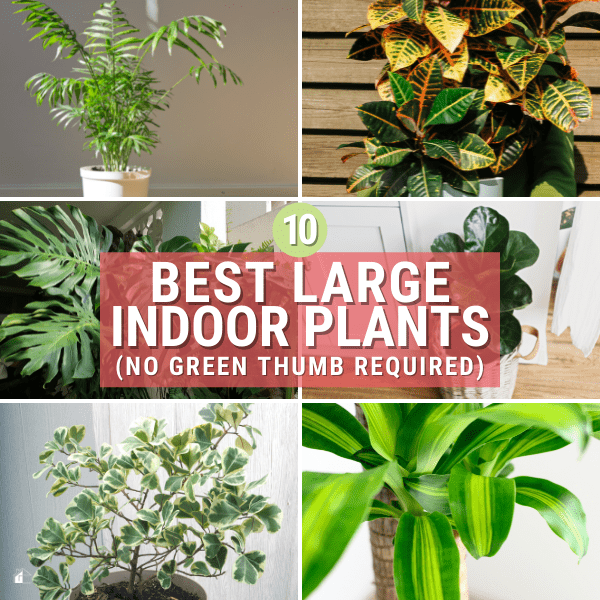
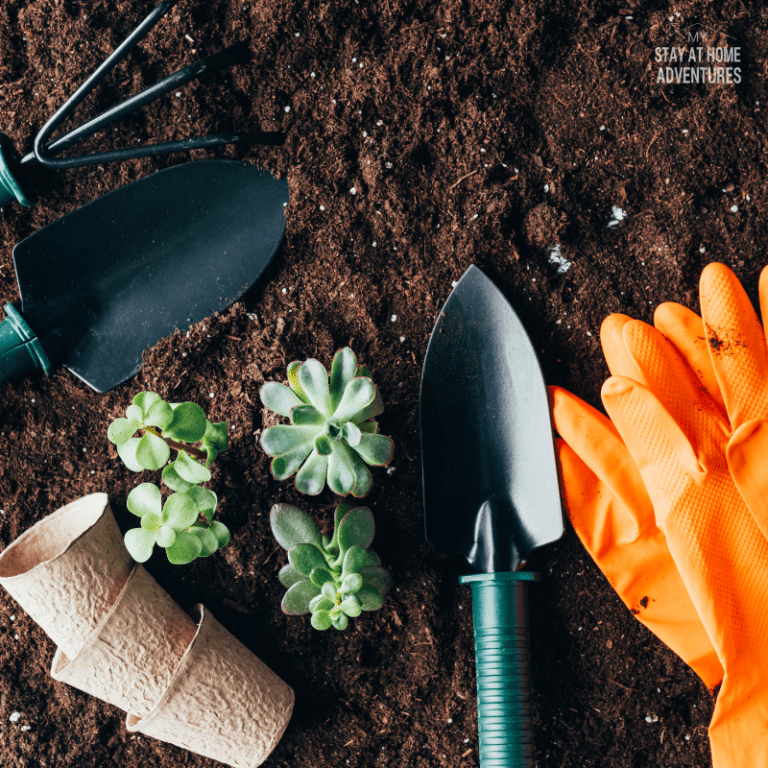
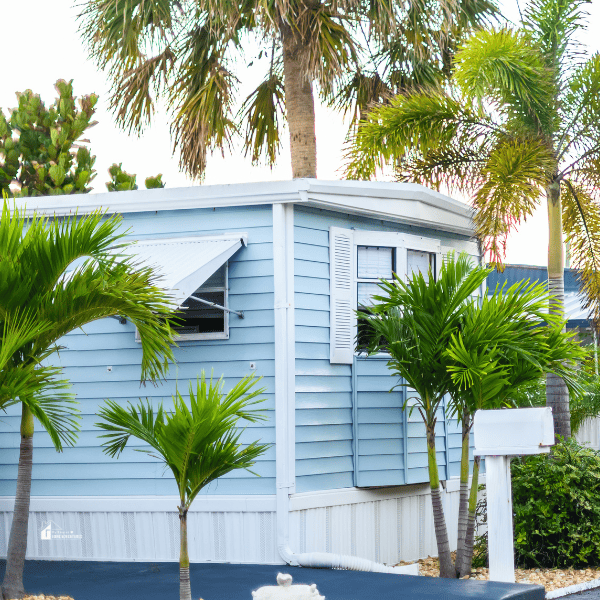
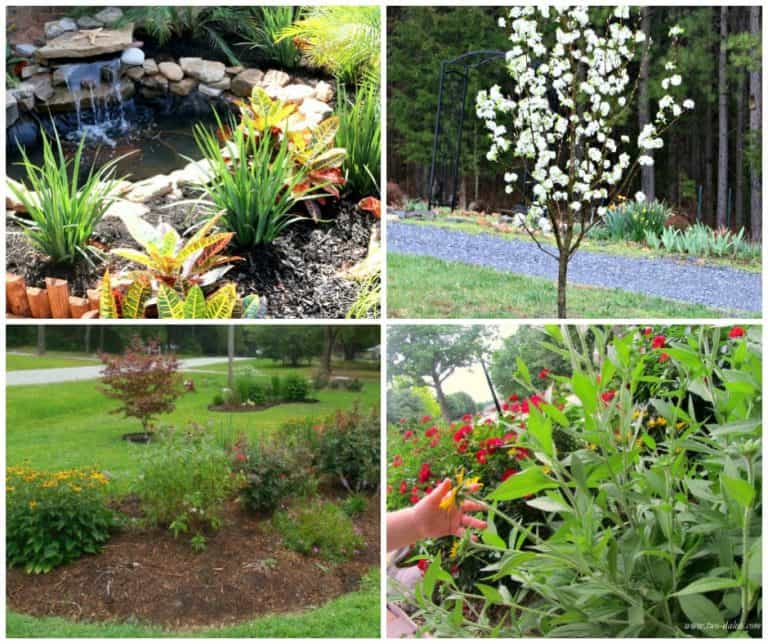
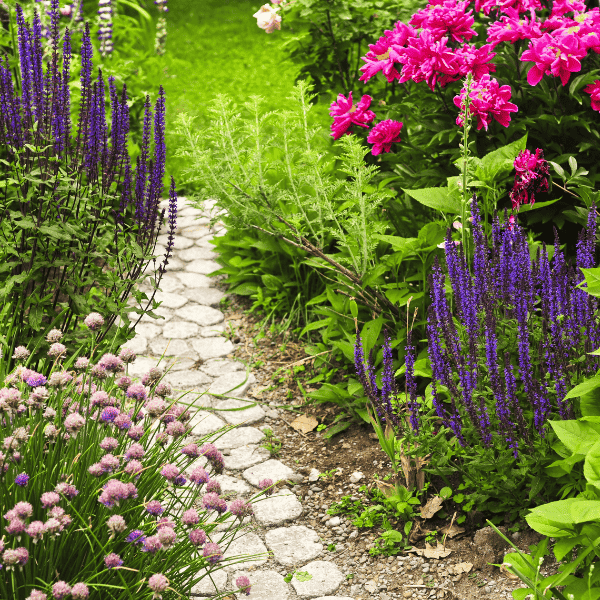
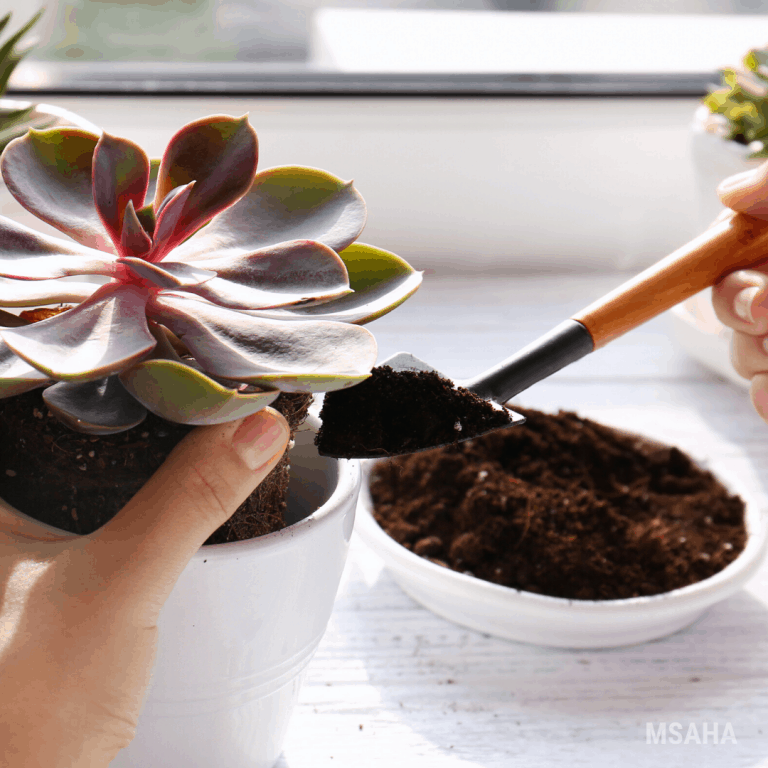
One Comment